Introduction
Understanding Loan Scams
Common Types of Loan Scams
Red Flags to Watch Out For
How to Protect Yourself
What to Do If You’ve Been Scammed
Safeguard Yourself from Scams with the A.C.T. Method
Conclusion
Introduction
In today’s digital age, borrowing money has become more accessible than ever. However, with increased accessibility comes the risk of falling victim to loan scams. These scams can have devastating financial consequences, making it essential to understand how to borrow safely. This blog aims to provide essential advice for safe borrowing and help you avoid falling for loan scams.
Understanding Loan Scams
Loan scams are fraudulent schemes designed to deceive individuals into giving money or personal information to scammers who pose as legitimate lenders. These scams can take many forms, from fake loan offers to deceitful debt consolidation schemes. The primary goal of these scammers is to exploit the victim’s need for financial assistance.
“Scammers prey on vulnerability. Always stay vigilant when dealing with loans.”
Common Types of Loan Scams
Advance-Fee Scams
Advance-fee scams involve a scammer promising a loan in exchange for an upfront fee. The scammer may claim that the fee is for processing or insurance purposes. Once the fee is paid, the scammer disappears, and the victim receives no loan.
Phishing Scams
Phishing scams involve fraudsters sending emails or messages that appear to be from legitimate financial institutions. These messages often ask for personal information, such as Social Security numbers or bank account details, under the guise of verifying identity or processing a loan application.
Debt Consolidation Scams
Debt consolidation scams target individuals looking to consolidate their debts. Scammers promise to negotiate with creditors on the victim’s behalf for a fee. In reality, the scammer takes the money and does nothing to help reduce the victim’s debt.
Fake Loan Companies
Some scammers create fake loan companies with professional-looking websites and documentation. They lure victims with attractive loan offers and then request personal information or upfront fees. Once they have what they want, they vanish, leaving the victim with nothing.
Red Flags🚩 to Watch Out For
Guaranteed Approval
Legitimate lenders assess your creditworthiness before approving a loan. If a lender guarantees approval without checking your credit history, it’s likely a scam. Be wary of any offer that seems too good to be true
Upfront Fees
Be cautious of lenders who ask for fees upfront. Legitimate lenders may charge fees, but these are usually deducted from the loan amount or paid after the loan is approved. Never pay a fee in advance for a loan.
No Physical Address
A legitimate lender should have a verifiable physical address. If a lender only provides a P.O. Box or lack contact information, consider it a red flag. Always verify the lender’s address and ensure they have a legitimate office location.
Pressure Tactics
Scammers often use high-pressure tactics to rush you into making a decision. They may claim that the offer is limited or that you need to act immediately. Legitimate lenders give you time to review the terms and make an informed decision.
“Scams are successful because they look like the real thing.”
How to Protect Yourself
Do Your Research
Before engaging with any moneylender, conduct thorough research. Look for online reputation, reviews and testimonials from other borrowers. Check if the lender is registered with your state’s financial regulatory agency and has a good standing with the Better Business Bureau.
Verify the Lender’s Credentials
Ensure the lender is licensed to operate in your state. Ask for their license number and verify it with your state’s financial regulatory authority. Legitimate lenders will not hesitate to provide this information.
Read the Fine Print
Carefully review all loan documents before signing anything. Pay attention to the terms and conditions, interest rates, fees, and repayment schedules. If something is unclear, ask for clarification.
Trust Your Instincts
If something feels off or you have doubts about the lender, trust your instincts. It’s better to walk away from a potential scam than to risk losing your money or personal information. Seek advice from trusted friends, family, or financial advisors if you’re unsure.
What to Do If You’ve Been Scammed
If you believe you’ve fallen victim to a loan scam, take immediate action:
- Contact Your Bank: Inform your bank or credit card company about the scam. They may be able to stop transactions or recover some of your funds.
- Report the Scam: File a complaint with the Federal Trade Commission (FTC) and your state’s attorney general. Provide as much information as possible about the scam and the scammer.
- Monitor Your Credit: Regularly check your credit report for any unauthorized activity. Consider placing a fraud alert or credit freeze on your credit file to prevent further damage.
- Seek Legal Help: Consult with a lawyer to explore your options for recovering lost funds and protecting yourself from further harm.
Safeguard Yourself from Scams with the A.C.T. Method
- Add security features by downloading the ScamShield app or using the ScamShield Bot on WhatsApp to block and report loan scams.
- Check for scam signs by consulting official sources
- Tell the authorities about any scams and warn your friends, including your MDW (Migrant Domestic Worker) friends.
“Beware of promises that sound too good to be true. Loan scams thrive on false hope.”
Get in Touch with Winz Credit
Winz Credit stands out as a top-notch licensed moneylender in Singapore, renowned for its reliable and customer-centric financial services. Committed to providing transparent and fair lending practices, Winz Credit offers a variety of loan solutions tailored to meet the diverse needs of its clients, ranging from personal loans to business financing.
With a reputation built on trust, efficiency, and professional excellence, we ensures a seamless borrowing experience, adhering strictly to the regulatory standards set by the Singapore government. Our team of experienced professionals is dedicated to guiding clients through the loan process with personalized attention, ensuring financial solutions that are both accessible and secure.
Conclusion
Loan scams are a growing threat in today’s financial landscape, but by staying informed and vigilant, you can protect yourself from falling victim. Always research lenders, verify credentials, and be cautious of red flags such as guaranteed approval and upfront fees. Trust your instincts and take the time to review all loan documents thoroughly. If you do fall victim to a scam, act quickly to mitigate the damage and report the incident to the appropriate authorities. By following these essential tips, you can borrow safely and confidently.




